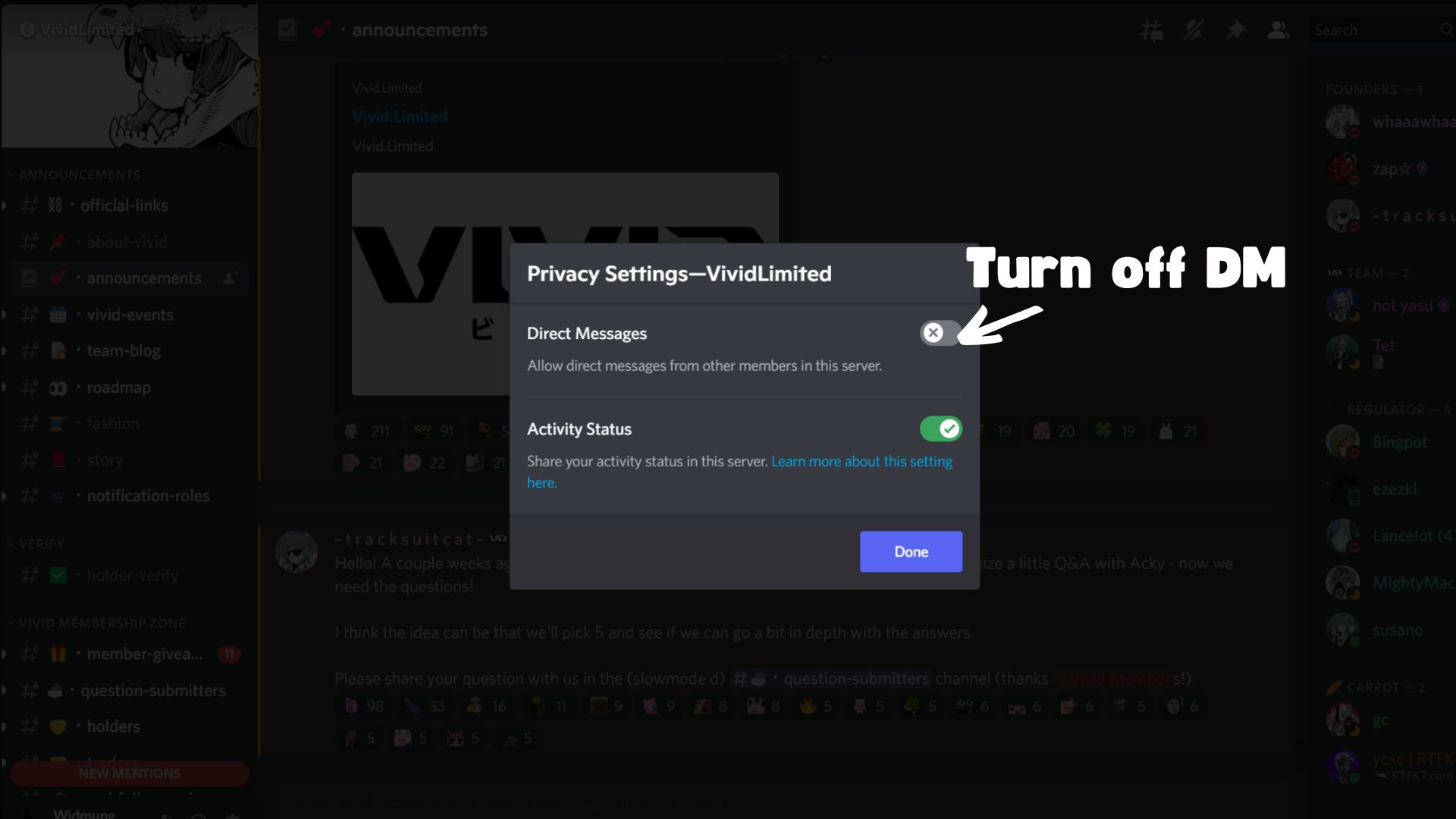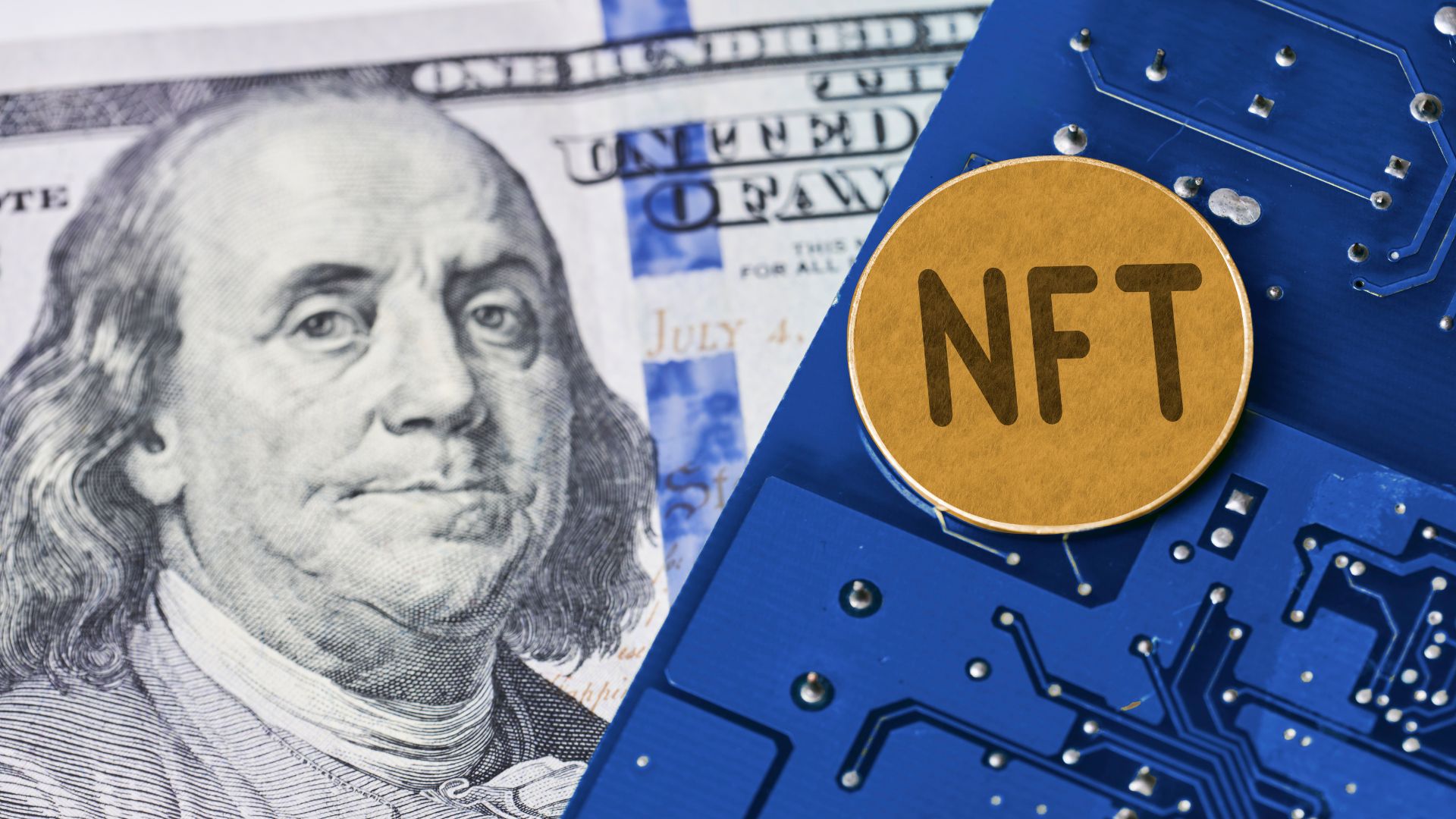While Kevin McCoy minted the first documented NFT named ‘Quantum’ in May 2014, it was not until 2017 that NFTs got mainstream and erupted onto the international stage during the peak of the COVID-19 epidemic in 2021, with even some NFTs selling at close to a million dollars.
According to Bloomberg, over $40 billion have been spent on NFTs in 2021, thus it is expected that this poorly regulated billion-dollar industry is attracting scammers from all across the globe.
Given the prevalence of NFT frauds on Web3, we must educate ourselves on the most frequent types of scams and how to avoid them.
What are the types of NFT scams out there?
1. Phishing
Phishing scammers seek to acquire your seed phrase or private key by impersonating your wallet developer (e.g., MetaMask) and getting you to key in your seed phrase on their fake website (which usually is well designed to look like the original website).
They reach out to you on various platforms such as Discord direct messaging, fake advertisements, Tweets, and emails with an urgent message that your crypto wallet has been compromised.
You are then required to go to their website using a link and ‘recover your wallet’ by keying in your seed phrase or private keys. When you have done this, these scammers will have full access to your wallet and immediately transfer all your crypto and NFTs out onto another wallet.
To avoid this, never interact with suspicious messages and emails. Never give out your private keys or seed phrases to any website, no matter how authentic they seem. Wallet developers will never ask for your seed phrase; the only time you will ever need to type out your seed phrase is when you are importing your existing wallet into a new device.
2. Fake Mints
If you have followed a hyped-up NFT project on Discord or Twitter for some time, you would know how difficult it is to get whitelisted to mint their NFT. Scammers understand how eager people are to get on the whitelist of such projects.
They prey on your emotions by sending you a DM on Discord or tagging you in a Tweet, saying that you have been whitelisted to mint the project’s NFT. Once you connect your wallet and sign their smart contract to ‘mint’ the NFT, you will have given them full access to all the assets in your wallet.

To avoid this, always turn off DMs on all your Discord servers; NFT project teams will never directly message you about whitelist roles. They will always do it through their official announcement channels or on their minting website.
Also, use a reliable burner wallet if you decide to mint from a website you are unfamiliar with. Keep the funds in that burner wallet minimal so that you only lose what is inside if it gets compromised.
3. Fake Airdrops
Everybody loves a free airdrop, I mean, who doesn’t when it’s like free money falling from the sky? Free NFT airdrops from successful NFT projects can often sell for good money.
However, if you have ever received ‘free money’, this should automatically set off alarm bells. If you noticed a new NFT in your collection that you were not expecting, double-check the announcement channel of the Discord server or ask the moderators if there was an airdrop recently.
If the announcement or moderators confirmed that it is a legitimate airdrop, then good for you, you have indeed received ‘free money’. However, if they say there was no airdrop, do not attempt to interact with or sell that NFT, as there is a malicious smart contract tied to that NFT that will drain your wallet.
4. Rug Pulls

Who can forget the infamous ‘Frosties’ ice-cream NFT that was a rug pull costing buyers a total of $1.3million in January 2021?
A rug pull is a type of NFT scam where the project team abandons the project shortly after it has minted out, leaving the minters only with their newly minted NFTs.
Rug pull projects are usually extremely hyped up, coming up with elaborate and far-fetched roadmaps promising the moon. They can do this because they have no intentions of keeping their promises laid out in the roadmap.
It is difficult to ascertain whether an upcoming NFT project would be a rug pull, especially when they have done a lot of marketing, have a well-design website, roadmap, and a thriving Discord community. All the checkboxes have been ticked to signal a legitimate NFT project.
While you can investigate the background of the entire project team, that would be time-consuming, and I highly doubt you will do this for every project to avoid a rug pull.
The best advice is to invest what you are willing to lose and not mint the NFT if you find it too expensive.
5. Malware
While this is not an NFT scam per se, your digital assets including your assets can still be stolen.
Your computer can get infected with a malware virus when you visit suspicious websites and click on untrustworthy links. Once your computer is infected with malware, hackers can steal your files and even the encrypted private key of your hot wallet. If you are using a weak password, it won’t take long before they can access your wallet.
If you own valuable NFTs and a lot of cryptocurrencies, it is always a good idea to keep these in a hardware wallet meant for cold storage. This keeps your private keys offline, and you should not be using your hardware wallet for regular transactions other than holding your assets.
Conclusion
Trading NFTs is simply one of many online money-making opportunities. Because Web3 and NFTs are still in their infancy, there are no rigorous guidelines in place. You can either make a fast profit or lose all of your assets in an instant through scams or poor investment decisions.
As with most things in life, if something appears to be too good to be true, it often is. With so many NFT scammers out there, avoid promises of making money quickly or claims that your account has been compromised. Always be cautious and stay safe when investing!
















